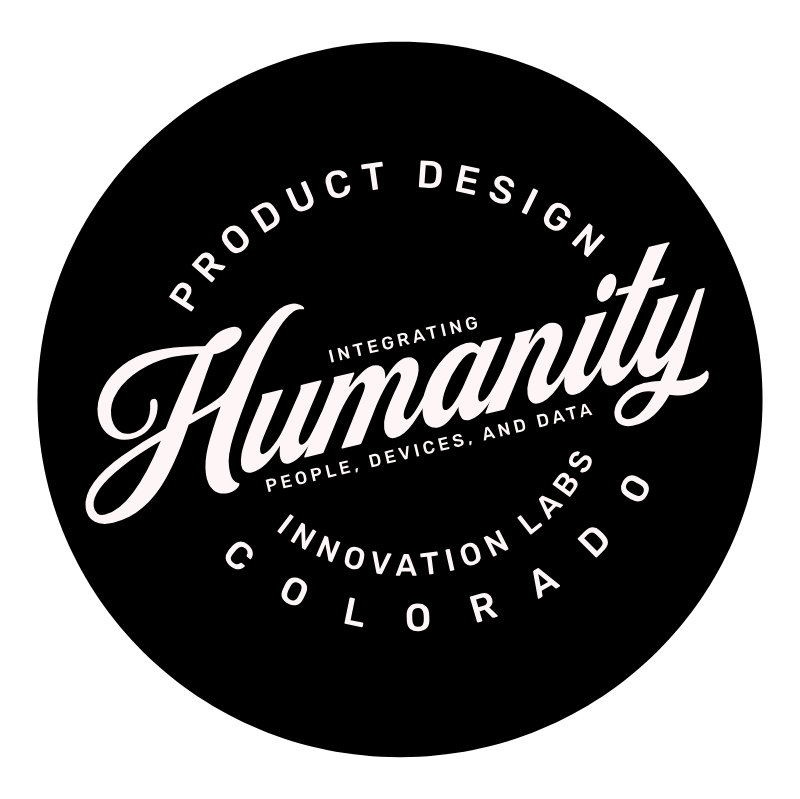Designing the Perfect UI for Wearables
In the fast-paced world of technology, wearables have emerged as indispensable companions in our daily lives. Whether it's a smartwatch, fitness tracker, or augmented reality glasses, the user interface (UI) plays a pivotal role in shaping the user experience. As wearables become more prevalent, designing an effective UI becomes crucial for enhancing user engagement and satisfaction. Let's delve into the essential components that contribute to a seamless and user-friendly wearable UI.
Intuitive Navigation The limited screen real estate on wearables demands an intuitive navigation system. Users should be able to effortlessly access key features without feeling overwhelmed. Gesture controls, touchscreens, and physical buttons must be designed with precision to ensure a natural and responsive interaction. A well-designed UI anticipates user needs, reducing the cognitive load associated with navigating through menus.
Customization and Personalization Wearable devices often serve diverse purposes, from fitness tracking to receiving notifications. A successful UI accommodates this diversity by offering customization options. Users should have the ability to tailor the interface to their preferences, whether it's rearranging widgets, changing themes, or selecting the type of information displayed. Personalization enhances the sense of ownership and usability, making the wearable seamlessly integrate into the user's lifestyle.
Glanceable Information One of the primary advantages of wearables is their ability to provide quick, glanceable information. The UI should prioritize displaying essential data in a concise and easily digestible format. Whether it's health metrics, notifications, or the time, the user should be able to gather information at a glance without diving deep into menus. Striking the right balance between simplicity and informativeness is key to an effective wearable UI.
Consistent Design Language Consistency in design is a cornerstone of a successful UI, ensuring a cohesive and recognizable user experience across different screens and functionalities. From iconography to color schemes, maintaining a consistent design language fosters familiarity and ease of use. A unified design approach enhances user confidence and minimizes the learning curve associated with new features or updates.
Context-Aware Interactions Wearables excel in their ability to gather data about the user's context, such as location, activity, and biometrics. A thoughtful UI leverages this information to provide context-aware interactions. For example, adjusting the display brightness based on ambient light or suggesting fitness goals based on the user's activity history. Context-aware design not only enhances usability but also adds a layer of intelligence to the overall user experience.
Accessibility Considerations Designing for inclusivity is a fundamental principle in UI/UX, and wearables are no exception. Ensuring that the interface is accessible to users with different abilities is paramount. This includes providing options for larger text, voice commands, and haptic feedback. A well-thought-out accessibility strategy broadens the user base and contributes to the overall success of the wearable device.
Conclusion In the ever-evolving landscape of wearables, a well-crafted UI is the linchpin that determines the success of a device. By prioritizing intuitive navigation, customization, glanceable information, consistency, context-aware interactions, and accessibility, designers can create a user interface that seamlessly integrates into users' lives. As wearables continue to evolve, the ongoing refinement of these essential components will play a pivotal role in shaping the future of human-computer interaction on a smaller, yet more personal scale.
If you are in the midst of developing a wearable device and application and need expert UI/UX guidance tailored to your specific goals, challenges, and aspirations, we're here to help. Schedule a consultation with our experienced team to learn more about our ux/ui services. Let's shape the future of wearables together!

